Since I started a post like this not long ago and didnt get as far as I would have liked I decided to try again. However, this time I will just talk to myself, that way I can only argue with myself. If the argument gets too heated someone can send the wagon over here to get me.
Who has humus? Everyone who has used compost, organic mulch, leaves, grass clippings, hay, straw, any organic matter probably has some level of humus in their soil. The longer you have been using these items as well as a few other things will determine how deep of a level of humus is in the bed. Humus is in flowerbeds, garden beds, lawns, and farm fields; everywhere it has been left alone to accumulate there will be humus.
Can I have humus if I till? Oh yes, but again the level of humus will depend on how you have been tilling. Lets say you have been adding 1 inch of compost a year for three years. Also you have been tilling that compost into the soil to a level of 3 inches each year. Your level of humus should start below that three-inch limit. If you have been adding old mulch left on the bed it too will add to the level. The same can be guessed for any depth of tilling, below the level, humus can form. Also, the more organic matter you add (compost, organic mulch) the sooner your level of humus will rise.
In no-till beds the level will be much higher because there is a limited air factor to consider. By not tilling there will be less air incorporated into the soil, thus allowing a slower decomposition of compost, and the layer of humus you are building up is not disturbed thus it will accumulate faster. This doesnÂt make no till better, it just makes the level of humus closer to the surface and is building up faster. The person that tills just has a tilled inch deficit to overcome; the level still builds up. As long as the soil is undisturbed the level of humus will grow continuously. Remember, other things such as zone, weather, climate, rainfall, and drought can effect humus levels in any situation.
What is humus anyway? Nobody really knows to be honest. There are theories, studies, ideas, even suspicions, but no one can say. Science can tell you some of the things that make up humus, but not a "this is humus" definition. The best you can do is go on the web and find a definition you like, just donÂt tell anyone what it is unless you want to start a fight. What I like to focus on is what is known and how can I use it to make my garden grow better. To me the mysterious part of humus is what makes it fun, you can always blame some super thing that happens in the garden/flowerbed on humus.
Why is humus so important? That is like asking why is Fort Knox so important if we never use the gold. Humus is like Fort Knox, with it you have all the garden gold. It does everything a gardener/farmer wants from a soil. Humus stores food, stores moisture, removes poisons from the soil, makes soil fluffy, helps roots to grow deeper, breaks up hard soil deep in the ground, corrects past mistakes in gardening/farming, draws moisture from the air and from deep in the ground, cools the soil, warms the soil, makes sand stick together, makes clay break apart, stops leaching of minerals. ItÂs like having a giant adjustable wrench that will fit any given situation in the soil. It does all this and more believe it or not. There are things humus does that science doesnÂt know it does, and humus does it anyway. However, humus will not do everything, there is a human factor we must never forget. Humus is wonderful if taken care of properly, that is the humans responsibility.
You make it sound easy to understand, what is all the fuss about? Well, people who work with compost already have first hand knowledge of the mysteries of the soil; there are a lot of things they already understand. There is a lot more humus does, we are just going to stop for a while. Science talks in code, but we got code breakers. The important thing is to start understanding somewhere, and then you will be in a position to use this valuable part of organic gardening to your best advantage. All that matters is that we understand, how long it takes doesnÂt count, our humus is building up as we learnÂ
Blutranes


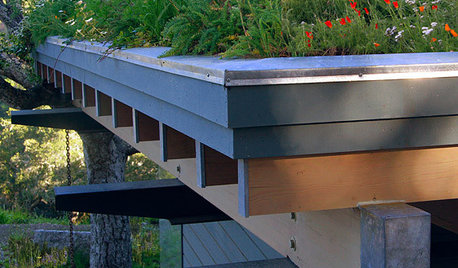
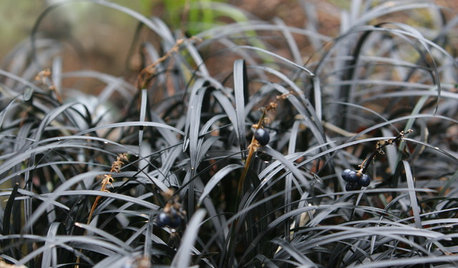
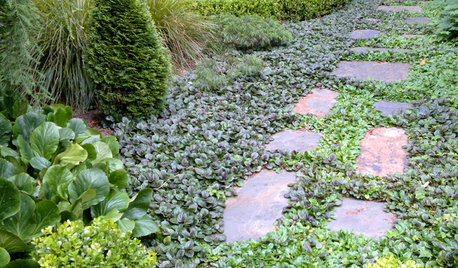

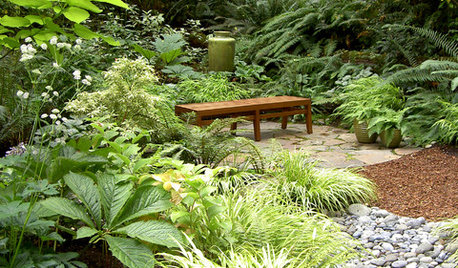
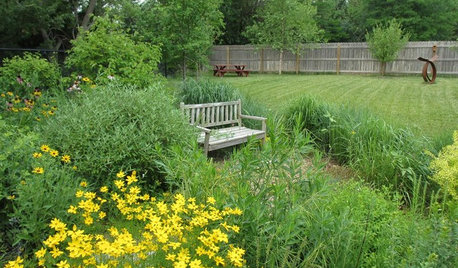
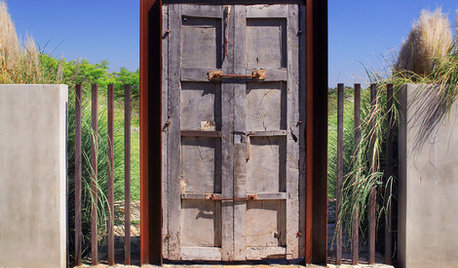
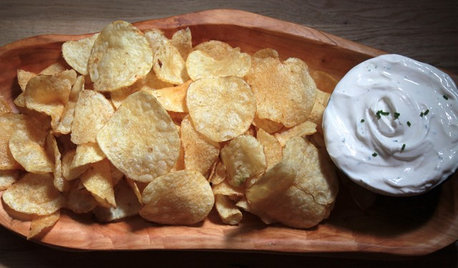





newtxan
donn_
Related Discussions
Can I use forest humus as compost?
Q
peat humus
Q
Am I Filtering Fir Humus for Gritty Correctly?
Q
Has anyone had or know of someone who has has...
Q
maggiemae_2006
maggiemae_2006
blutranesOriginal Author
blutranesOriginal Author
maggiemae_2006
blutranesOriginal Author
maggiemae_2006
blutranesOriginal Author
maggiemae_2006
paulns
blutranesOriginal Author
maggiemae_2006
blutranesOriginal Author
paulns
blutranesOriginal Author
paulns
maggiemae_2006
Violet_Z6
paulns
blutranesOriginal Author
maggiemae_2006
blutranesOriginal Author
blutranesOriginal Author
squeeze
blutranesOriginal Author
eswar
maggiemae_2006
happyday
blutranesOriginal Author
eswar
blutranesOriginal Author
pls8xx
joepyeweed
happyday
Lloyd
paulns
blutranesOriginal Author
pls8xx
Lloyd
happyday
kqcrna
blutranesOriginal Author
eswar
ppix